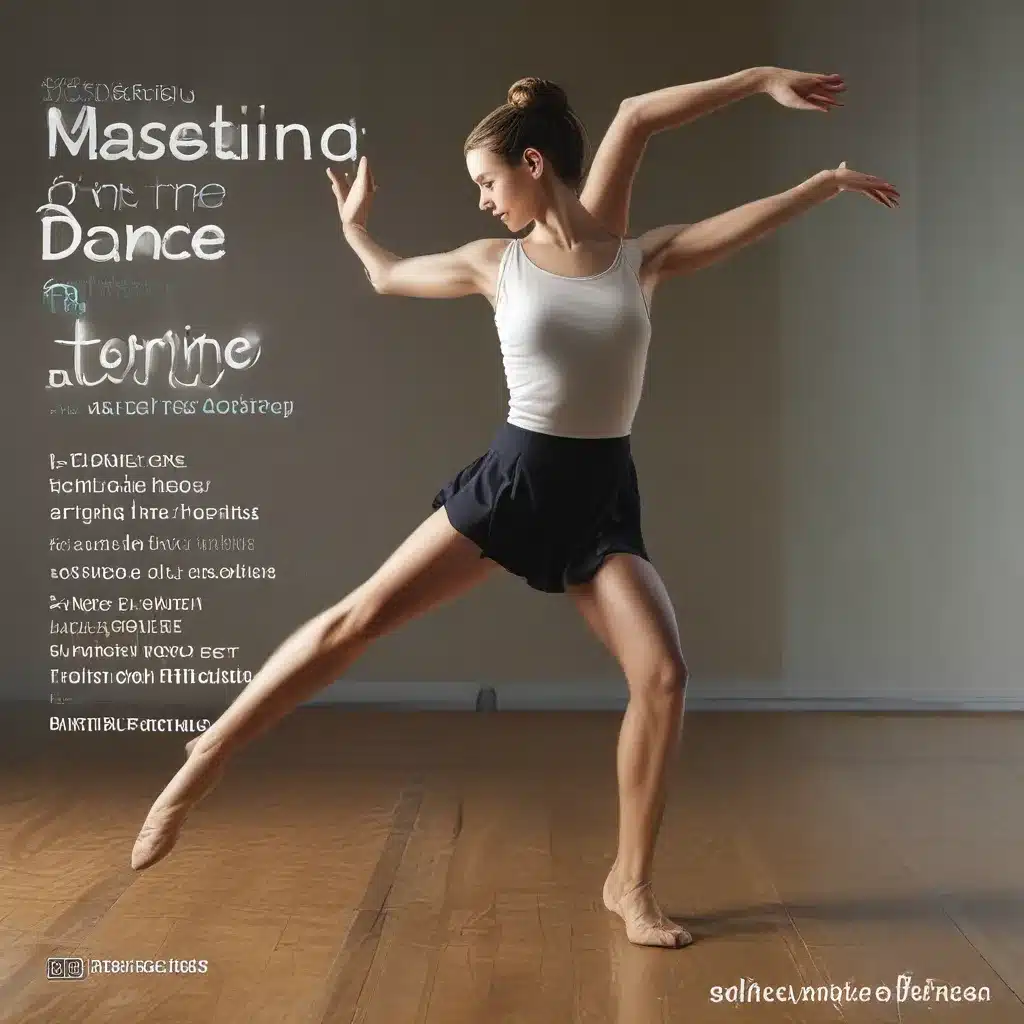
Dance Picked Me
I’ve always believed that the mark of a successful artist is versatility. At least, this has been my approach to dance ever since it picked me at the tender age of 4 years old, back in my birthplace of South Africa during the apartheid era. The possibilities for us internationally were all but none, but thanks to an observant and incredibly supportive father, my flair for movement was noticed, and it was arranged for me to audition for the newly established Performing Arts Workshop, founded by a deeply passionate American by the name of Jeff Corey.
That workshop was a gateway to everything artistic – from ballet, jazz, tap, and contemporary dance to singing, theater arts, stage crafts, and lighting. It was a veritable playground for talent, and this overly energetic 4-year-old loved every minute of it. Soon after, I went on to audition for the National School of the Arts, the preeminent Performing Arts High School based in Johannesburg. This journey and exposure to all manner of glorious and dedicated youngsters from every race, creed, and background instilled in me the importance and gift of the arts to the human condition.
The Alvin Ailey Epiphany
My final year in high school offered me the possibility to take a modern dance class from, and audition for, the inspiring dancers of the prestigious Alvin Ailey American Dance Theater. I thought I already had my trajectory sorted, since the previous year I was offered a position with the Netherlands Dance Theater 2, and I asked them to hold my spot until I graduated. However, after seeing the Ailey Company perform, I knew New York City was where I wanted to be.
I arrived in New York City in January of 1998, two weeks after graduating high school – scared, excited, and slightly overwhelmed by all that I experienced. After spending 5 months studying under full scholarship, I was asked to join Ailey 2, a young and vivacious company that toured extensively and further opened my eyes to a world with dance in it – a much better place.
Mastering the Horton Technique
During my time with the Ailey organization, of which I am now a full-time faculty member and choreographer, I was submerged in a technique called Horton – a precise and codified way to train dancers in the shortest amount of time. With exercises for every part of the body, from the face to the feet, I trained under the guidance of master teachers Milton Myers and Ana-Marie Forsythe. Under their mentorship, I started to investigate and develop my own teaching style and principles using this technique.
After leaving the Ailey organization as a dancer, I went on to perform with companies like Elisa Monte Dance, Ballet Hispanico, Complexions Contemporary Ballet, Limon Dance Company, and Phoenix Dance Theater in the UK, as well as a guest artist with Mark Morris Dance, Universal Ballet, and Bill T. Jones/Arnie Zane. I’m now in my tenth season with the Metropolitan Opera Ballet, constantly fed by all styles and genres, and I continue to develop my own thoughts and ideas for how to teach and train with the Horton Technique.
Sharing the Horton Technique
As a choreographer, however, my style and vocabulary are not derived from Horton but instead, my ideas feed and evolve the technique. I started to teach workshops and classes throughout Europe, Africa, the Middle East, and the US, and was approached by the University of Rome to write a book on the technique as part of a series on modern dance they were working on.
I was living in the UK at the time and decided to delve more into putting my thoughts on paper, finding a way to make the physical elements verbal. This was not an easy task and took me two years to write and photograph. After a severe economic crisis in Italy, the publishing of the series was delayed indefinitely, even though two of the books had already been translated into Italian. I managed to get out of my publishing contract with the international LEpos publishers and decided to publish the book in English under the title Performance Through The Dance Technique Of Lester Horton.
As of January 2018, my book is available in almost every county worldwide and has been requested by universities and conservatories to include it in their teaching curriculum. Being one of only three books published on the topic of Horton, my book seeks to connect the prior two texts and shine a light on how to carry the ideas forward in an ever-changing and versatile dance world.
The Artist’s Way
This is the artist’s way, this is why I love what I do and love to teach. If it wasn’t for that modern dance class with the Alvin Ailey dancers back in Johannesburg all those years ago, I never would have come to live the dream that I do today. As Alvin Ailey once said, “Dance came from the people and should always be given back to the people,” so I wrote a book.
Now, as I continue to share my passion for the Horton Technique and my own evolving choreographic style, I’m constantly reminded of the power of dance to unite, inspire, and transform. Whether it’s through teaching masterclasses at The Musical Theater Center or choreographing for the Metropolitan Opera Ballet, my mission remains the same – to foster versatility, precision, and a deep connection to the art form in every dancer I encounter.
So, if you’re preparing for your next dance audition, remember the words of the great Alvin Ailey: “Dance comes from the people and should always be given back to the people.” Embrace your versatility, hone your precision, and let the art flow through you. The stage is waiting.

